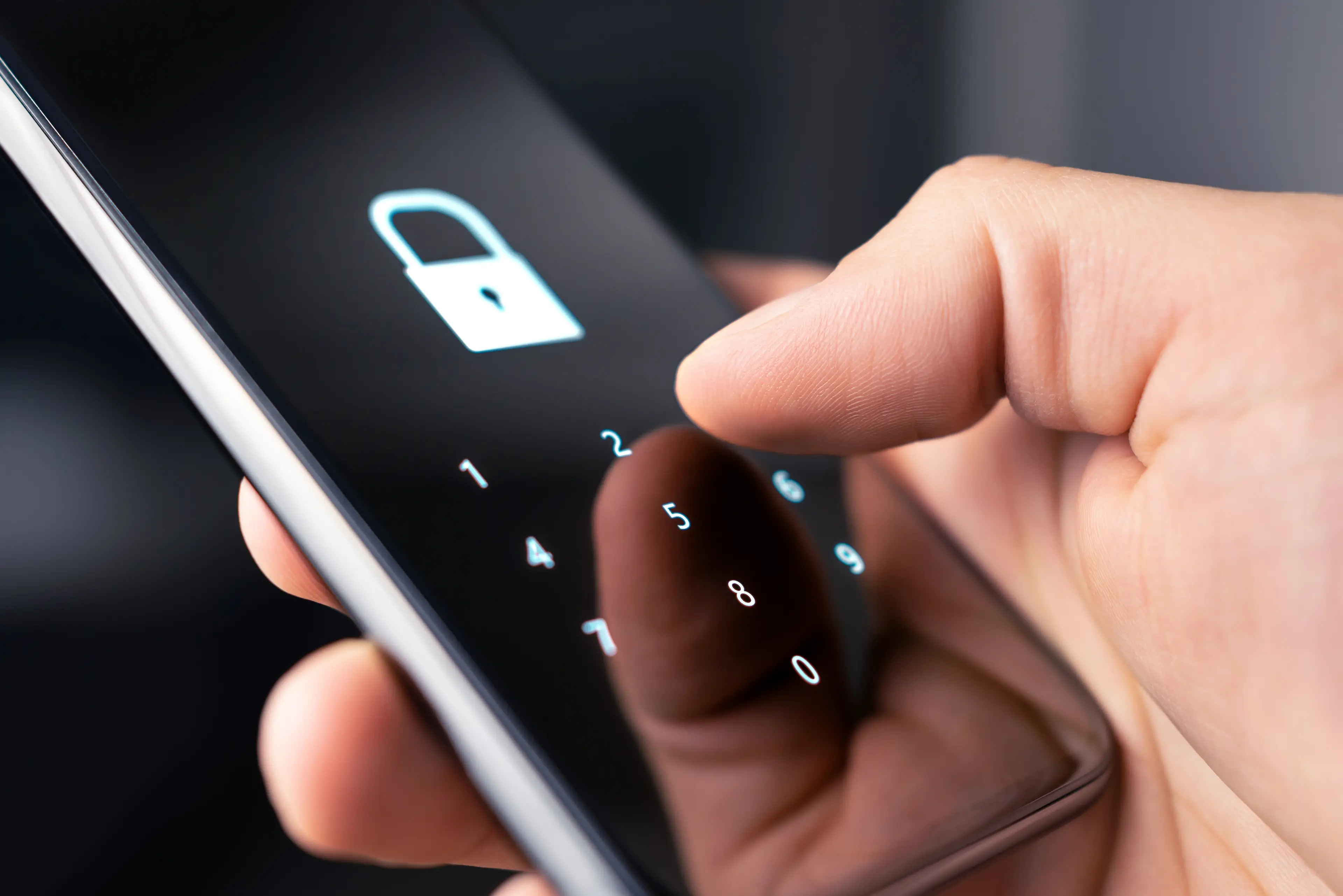


Warning: This article contains discussion of domestic violence which some readers may find distressing.
You might think you have that perfect relationship with someone, or if you're single, you might think of yourself as the ideal partner.
Still, there's a worrying relationship 'red flag' that's apparently a lot more common than you'd think.
Worryingly, it's a habit that could be on the rise as untrusting partners snoop into the lives of their significant other.
Advert
Relationships are built on trust, and if you don't have that, then what do you have? Apparently, there's a rise in those who think it's the norm to have the codes to their partner's phone and go rifling through their social media, messages, and media.
New research from eSafety suggests that nearly 25% of Australians asked in the survey think it's acceptable to have a partner's passcode. Taking things further, one in ten think they should be able to track their partner using location-tracking software.

2,046 Australian adults were asked how much they agree or disagree with certain behaviors and whether they'd class them as 'red flags' when it comes to keeping an eye on tech.
The research was conducted by the Social Research Centre and found that even though most agreed that these behaviors and expectations are beyond 'a sign of care', there were still many that didn't see a problem.
Of those asked, 23.3% agreed or strongly agreed that it's acceptable to have passwords or codes to the personal devices of an 'intimate partner.' 19.1% agreed or strongly agreed that being constantly able to contact an intimate partner via text, call, or video chat is a sign of care. Similarly, 15.3% agreed or strongly agreed that constantly texting to check what their partner is doing isn’t a step too far.
As for those wanting to keep tabs on where their other half is, 13.6% agreed or strongly agreed that using location-sharing apps like Find My Friends was a sign of care.
Generally, those who agreed with tracking a partner or being allowed access to their phones were younger men who typically spoke a language other than English while at home.

Discussing the findings, eSafety Commissioner Julie Inman Grant said: "There are many practical and safe reasons why two people in an intimate relationship might consent to sharing their passcodes, tracking each other or sending frequent messages to check where the other person is or what they’re doing."
She reiterates that the concerning aspect is the 'normalisation of these expectations within any intimate relationship.'
Saying that we need to be careful not to 'erode' our partner's privacy and boundaries in this era of tech, Grant added: "If you’re on the receiving end of any of these behaviors or demands, especially with little or no regard for reciprocity or consent, please be vigilant. They could suggest a partner’s desire to keep tabs on you to control you."
Describing this as being like a wolf in sheep’s clothing, Grant said: "This is abuse dressed up as love."
Although Grant admits more research needs to be conducted, she says we need to raise awareness of 'tech-based coercive control.'
Grant suggests that being able to infiltrate every corner of someone's life is a problem that's on the rise, so keep an eye out for any red flags with your significant other.
If you are experiencing domestic violence, please know that you are not alone. You can talk in confidence 24 hours a day to the National Domestic Violence Helpline on 1−800−799−SAFE(7233) or TTY 1−800−787−3224 or (206) 518-9361 (Video Phone Only for Deaf Callers). The Hotline provides service referrals to agencies in all 50 states, Puerto Rico, Guam and the U.S. Virgin Islands.